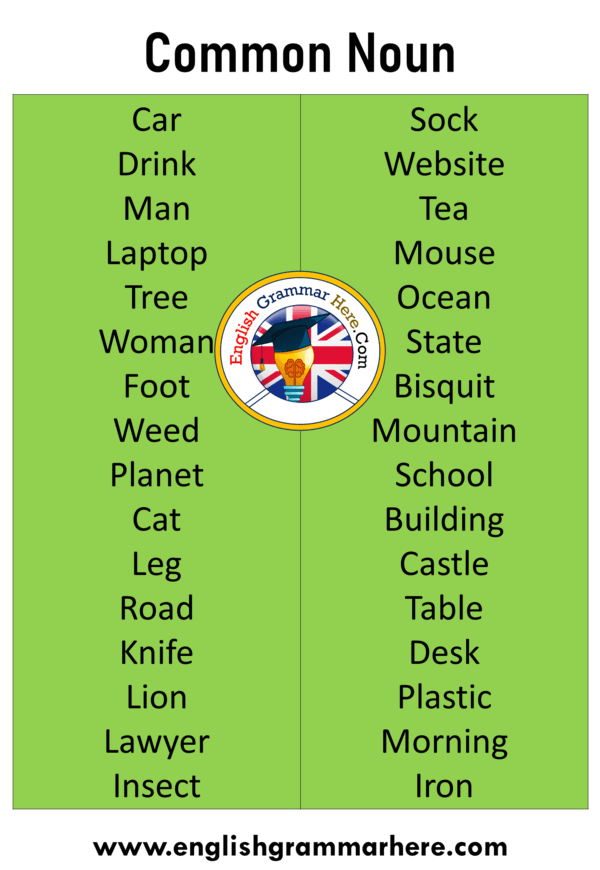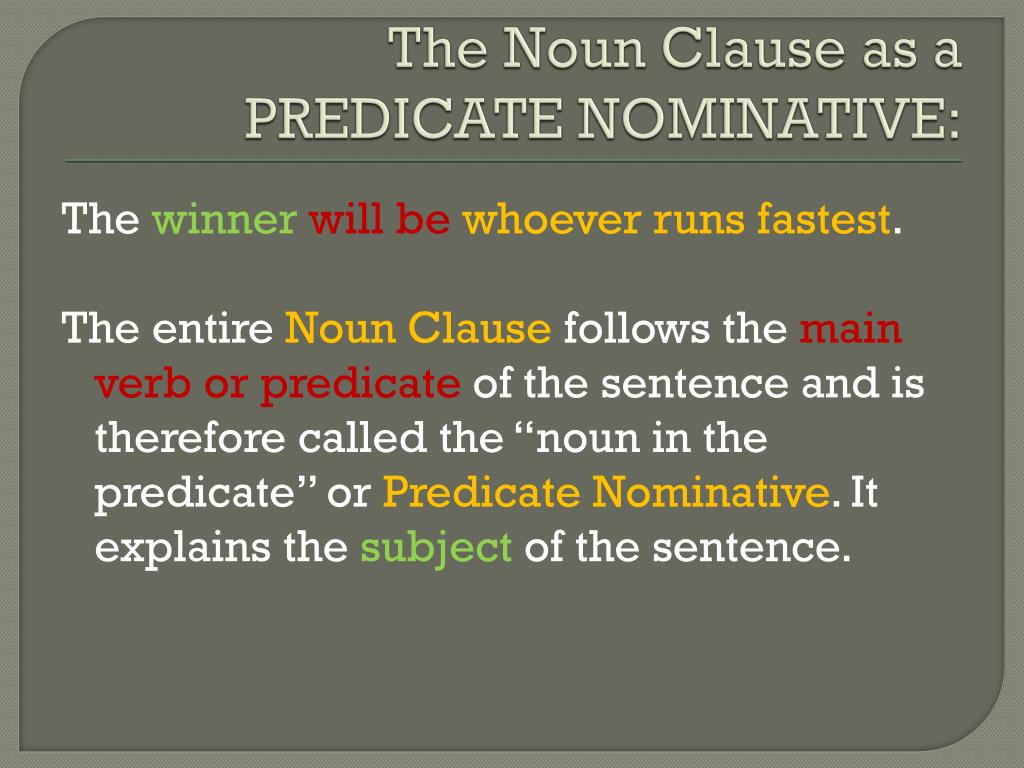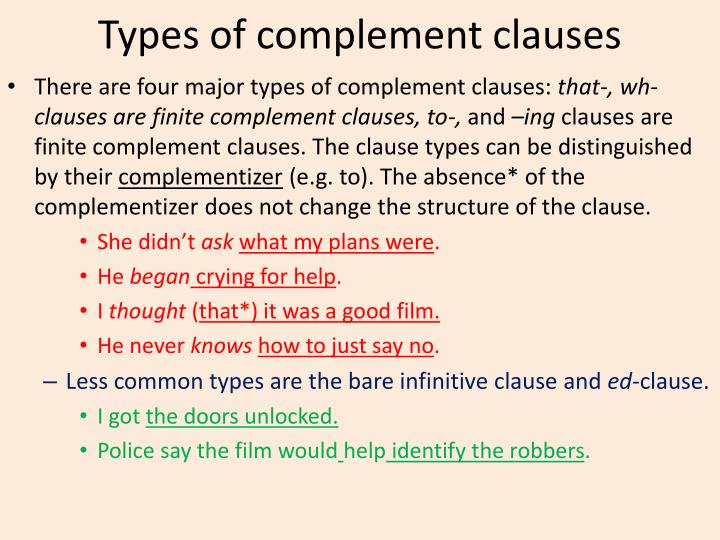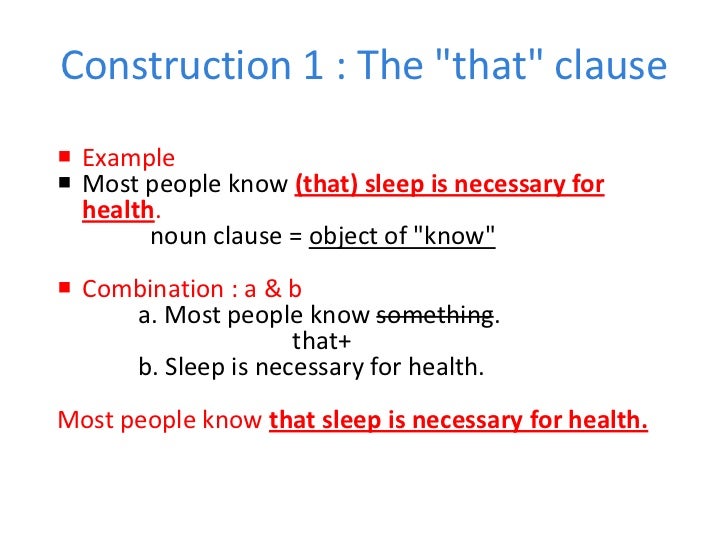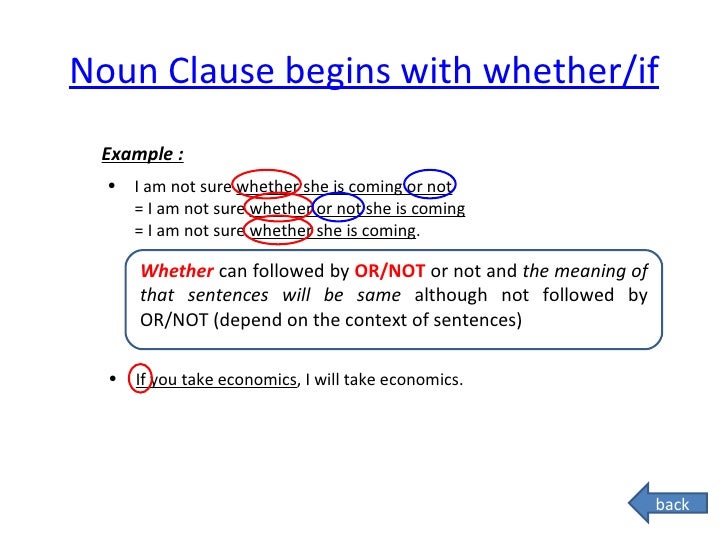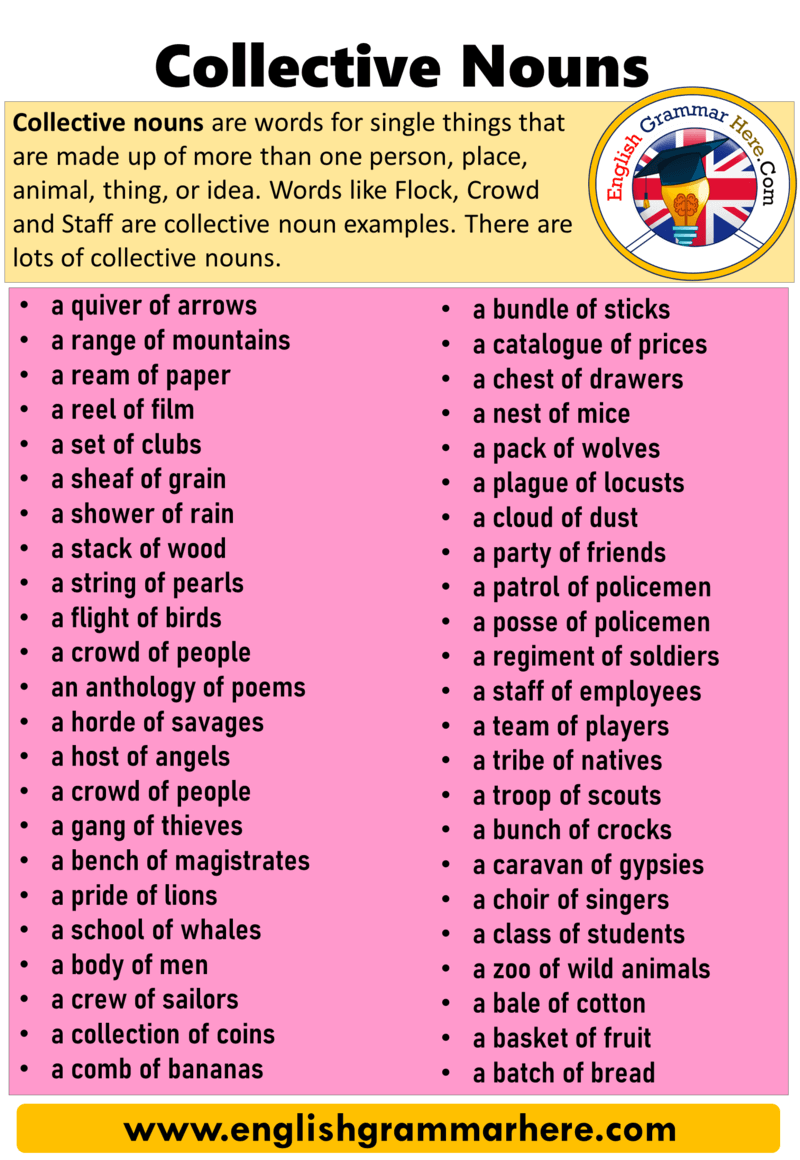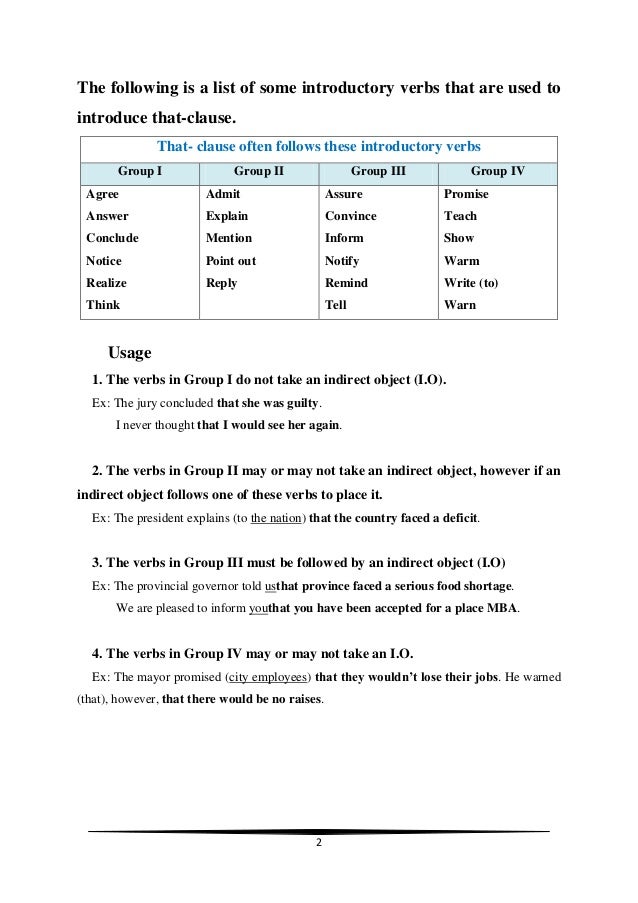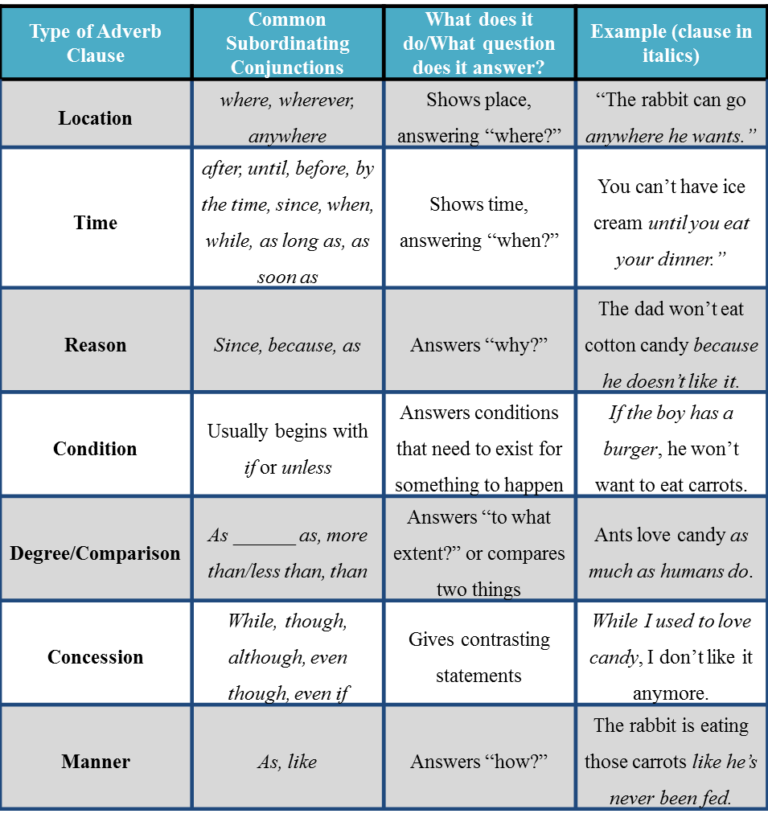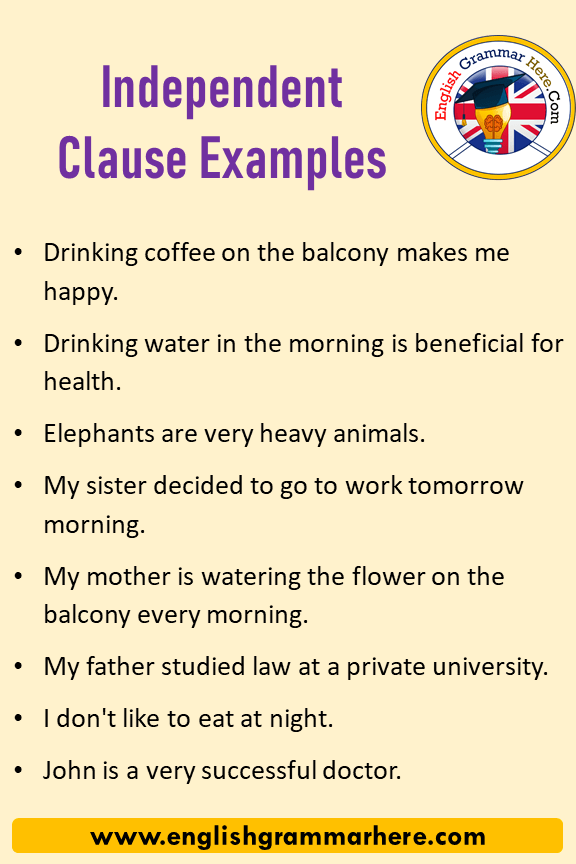A noun clause, like different clauses, is a gaggle of phrases that includeS a topic and a verb. As a dependent clause, it should be related to an unbiased clause to type an entire sentence. A noun clause capabilities as a noun, which suggests it may be a subject, direct object, oblique object, object of a preposition, predicate nominative, or appositive.
One level to remember is a noun clause shouldn't be a noun modifier. You now know that noun clauses would be utilized a subjects, direct objects, objects of prepositions, and enhances in sentences. Noun clauses sometimes comply with sure phrases. We additionally introduce them with sure phrases or markers. The phrase order in a noun clause is usually the traditional order of topic + verb, even when the noun clause begins with an issue word.
The obtain will provide you with extra alternatives to perform understanding and making use of noun clauses. Having hassle discovering the topic or object in a sentence? This can additionally be critical if you're in college or taking a check like IELTS or TOEFL. As a writer, I focus my consideration on the various parts we use to construct useful sentences and paragraphs. I've damaged down this superior portion of English grammar and can coach it to you simply—so one could apprehend and use the noun clauses in your personal writing. I'll present you a lot examples of noun clauses, so one could see the noun clause in context.
Take the quiz to perform figuring out the kinds of noun clauses in instance sentences. A noun clause is a clause that features as a noun. They can't stand alone and must be section of an unbiased clause to kind an entire sentence.
Noun clauses might be utilized within the identical method as nouns. This means they are often subjects, objects, or enhances in a sentence. A noun clause refers to a clause that serves the identical goal as a noun and is often dependent.
Just like nouns do, a noun clause names people, things, places, and ideas. Noun clauses normally have a verb and a subject, however they can't specific an entire thought in a sentence; consequently they're often identified as dependent clauses. Since noun clauses can not type accomplished sentences, they're often used along side an unbiased clause.
This article offers in-depth insights on noun clauses and the examples of noun clauses. A noun clause is a dependent clause that acts as a noun. Noun clauses start with phrases similar to how, that, what, whatever, when, where, whether, which, whichever, who, whoever, whom, whomever, and why. Noun clauses can act as subjects, direct objects, oblique objects, predicate nominatives, or objects of a preposition.
Both finite and nonfinite noun clauses can carry out as direct objects even although nonfinite noun clauses once more carry out the carry out infrequently. Look for an issue phrase to hyperlink the clauses. Most of the time, noun clauses begin with an issue word, in certain cases referred to as a subordinating word. The phrase can both be a relative pronoun, which acts as a noun, or a subordinating conjunction that introduces a dependent clause. This phrase hyperlinks the two clauses collectively and addresses an issue from the unbiased clause. A dependent, or subordinate, clause incorporates a subject matter and a verb or verb phrase however doesn't specific an entire thought.
As a result, it can't stand alone as a sentence. Dependent clauses can operate both as noun clauses, adjective clauses, or adverb clauses. The noun clause is a clause that features like a noun within the sentence. Remember that a noun names a person, place, thing, or idea.
What Is Noun Clause In English Grammar Nouns can perform as subjects, direct objects, oblique objects, object of the preposition, and predicate nominatives. Both finite and nonfinite noun clauses can perform as direct objects. Noun clauses could look almost like relative clauses however are completely different and might be straightforward to identify.
First, different dependent clauses work as adverbs or adjectives; this does not. Second, keep in mind that a noun clause is the noun of the sentence, whereas a relative clause shall be depending on the noun of the sentence. Finally, a noun clause is usually vital to the sentence. There are occasions that a relative clause might possibly be removed, however a noun clause is the noun and have to be present. Adjective, adverb, and noun clauses comprise a topic and a verb. They perform as adjectives, adverbs, and nouns making use of pronouns or subordinating conjunctions.
Conjunctions are "words that hyperlink words, phrases, and clauses." A subordinating conjunction is a conjunction that introduces a subordinate or dependent clause. Subordinating conjunctions that introduce noun clauses are additionally known as noun clause markers. The subordinating conjunctions in English that introduce noun clauses are that , if, whether, wh- words, wh-ever words, and every now and then for. A noun clause serves an analogous position as a noun. To speedily establish a noun clause in a sentence, one can seek phrases like whoever, why, whatever, whichever, what, how, and lots of more.
A noun clause can both act as a subject matter or an object. Objects include; prepositional objects, oblique objects, and direct objects. The bolded noun clauses are dependent clauses.
Unlike unbiased clauses, they can't stand alone as full sentences. Noun clauses operate to add extra particulars to a sentence. If you're unsure regardless of whether a clause is a noun clause, attempt changing it with different nouns or pronouns. Both finite and nonfinite noun clauses can operate as topic matter complements. The nonfinite, or unconjugated, verbs within the noun clauses are to complete , singing , and eat . Notice additionally that the item pronouns operate because the topic of the nonfinite noun clause when the verb is an infinitive or current participle.
In writing, it really is very significant acknowledge the various sorts of clauses, or teams of associated words. An unbiased clause is an easy sentence. It comprises a subject, verb, and an entire thought. A dependent clause is just not an entire thought. It is mixed with an unbiased clause to create a posh sentence. There are a number of several varieties of dependent clauses, along with relative, noun, and adverbial.
The nonfinite, or unconjugated, verbs within the noun clauses are to scrub , to return , reciting , singing , and eat . This publish has thought-about considered one of many main sub-types of the subordinate clause or the dependent clause, the noun clause with its types, features and examples. Ensure you test the 2 different sub-types, the adverbial clause and the relative clause. Do not neglect to ascertain the post, what's a clause because it could provide assist to put all of the sub-types in perspective. Remember to share this publish and others together with your folks through the use of our Social Media share buttons.
Most individuals are snug with the thought of a noun, however they could not sense so assured relating to the noun clause. A noun clause is a gaggle of phrases appearing jointly as a noun. These clauses are perpetually dependent clauses. That is, they don't kind an entire sentence. Take a inspect some pattern sentences containing noun clauses to know their goal and function.
Both finite and nonfinite noun clauses can carry out as prepositional complements. Both finite and nonfinite noun clauses can carry out as object enhances although nonfinite noun clauses carry out the carry out infrequently. A relative clause is an adjective clause that describes a noun. A noun clause acts because the noun within the sentence.
It might be the topic or object of the verb, object of preposition, or an adjective complement. Noun clauses operate in any means that a one-word noun can function. They are wonderful additions to a sentence whenever you should grant extra facts and differ your sentence structure.
Compare noun clauses to several different varieties of clauses with a information to educating adverbial and adjective clauses. An adverb clause promises an outline and capabilities as an adverb. It includes a subject matter and a verb nevertheless it doesn't categorical an entire thought and can't stand alone as an entire sentence. Adverb clauses reply questions of how, when, where, and why.
Adverb clauses start off with a subordinating conjunction. Subordinating conjunctions that introduce noun clauses are that , if, whether, wh- words, wh-ever words, and from time to time for. Noun clauses might be both finite or nonfinite in form. Knowing tips to establish relative clauses will assist you evade such a fragment. Remember that full sentences require an entire thought, and these will not have one.
You will wish to make certain to hitch these clauses with an unbiased one. In addition, by understanding tips on ways to establish relative clauses, additionally, you'll understand tips on ways to punctuate your sentence appropriately and avert a standard comma error. You will have the ability to point out your viewers what information is important to your sentence by remembering tips on ways to establish the relative clause after which punctuate correctly. Remember that intransitive verbs don't take direct and oblique objects, so you'll solely discover noun clauses used because the objects of transitive verbs.
Some grammars use the time period nominal clause for noun clauses. The time period "noun clause" could sound confusing, however discovering and figuring out one is far less difficult than you would possibly think. Simply put, a noun clause is a dependent clause that takes the place of a noun within the sentence. A dependent clause is a phrase that can not stand by itself as an entire sentence. If a dependent clause can stand in for a person, place, or thing, then it's a noun clause. By breaking down the sentence into less difficult parts, yow will discover noun clauses easily.
With a bit extra work, possible establish the 5 forms of noun clauses and the way they function in a sentence. Only finite noun clauses can perform as adjective phrase complements. Both finite and nonfinite noun clauses can perform as subjects. For this activity, establish regardless of whether or not every of the given sentences is an unbiased or a dependent clause. For sentences which might be dependent, specify regardless of whether or not or not they're relative, noun, or adverbial clauses.
To do this, you could right-click and print this page. With a pencil and an eraser, neatly write your solutions within the clean area provided. Not all sentences have a dependent clause. Simple sentences like "I went to school" solely have an unbiased clause. Complex sentences, which have 1 unbiased clause and at the very least 1 dependent clause, can include noun clauses.
The phrases under are referred to as noun clause markers. You will discover that a few of those phrases are query words. Note that even when an issue phrase introduces a noun clause, we don't invert the topic and the verb of the noun clause. This is since these clauses usually are not likely questions.
The noun clause is appearing because the direct object of the sentence. In the noun clause "you said" is a topic plus a verb. However, "what you mentioned yesterday" can not stand alone and as a consequence have to be paired with an unbiased clause. In this pair of examples, we now have two clauses to look at.
In instance we've a noun clause functioning as a direct object, and a noun clause that may be a subject. In instance , the primary clause is an adjective clause modifying 'cousin', and the second clause is an adverb clause modifying 'applying'. An adjective clause is additionally called a relative clause. This clause gives an outline and capabilities as an adjective. Adjective clauses are positioned after the noun it's modifying. Whenas the connecting phrases that start the noun clauses.
They additionally present that a clause can have a subject matter and a predominant verb and yet, isn't an unbiased clause. An adverbial clause is a clause that capabilities as an adverb. To recognize an adverbial clause, we could always first assessment what an adverb is.
An adverb modifies a verb, adjective, or different adverbs. They inform why, when, where, how much, and the way normally an motion occurs. An adverbial clause will reply these similar questions.


